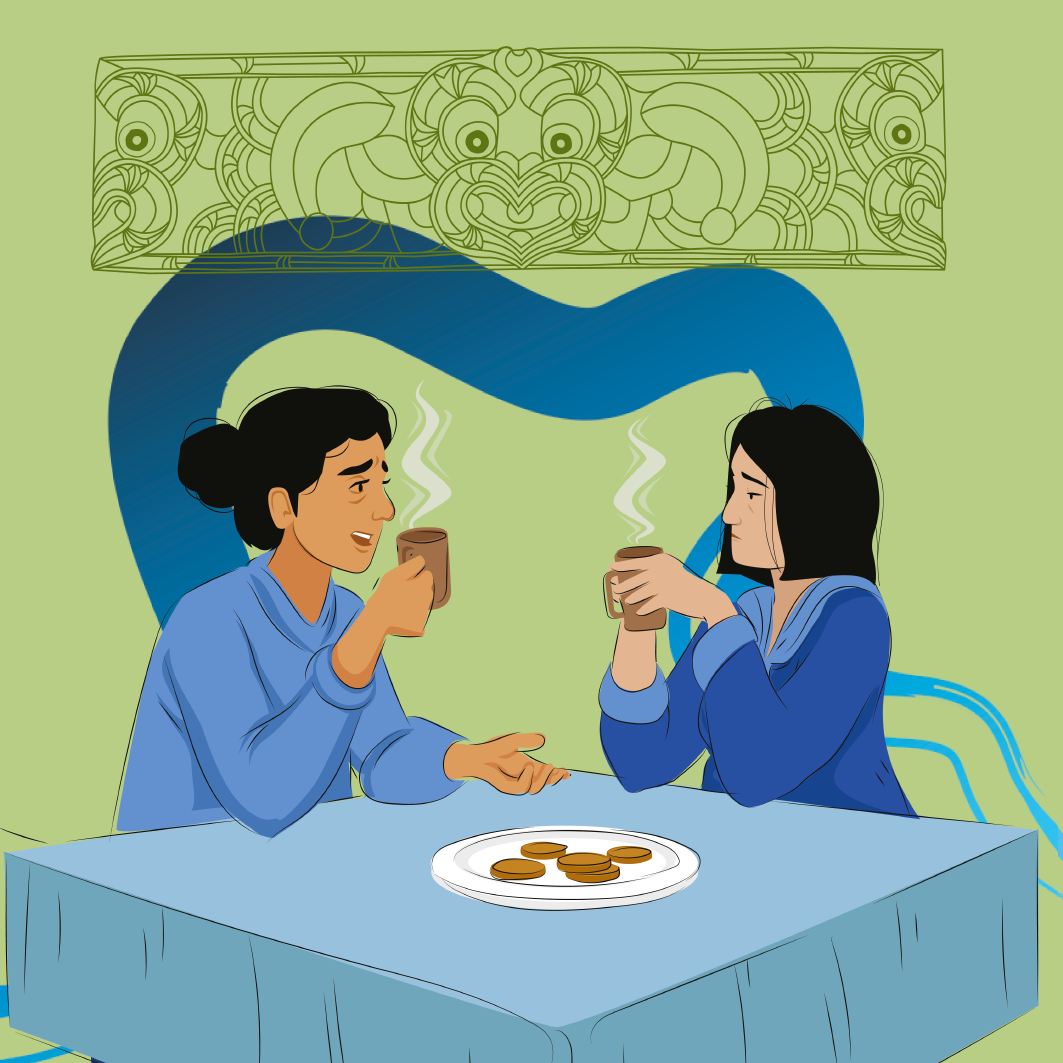Whakawhanaungatanga — Fostering Relationships
Why is whakawhanaungatanga important for our wāhine at Te Whare Nukunoa?
Whakawhanaungatanga plays a crucial role in the restorative approach to health and wellbeing implemented by Te Whare Nukunoa. These values create an environment where women can safely discuss their struggles, feel heard and take the time to express themselves.
In this nurturing space, our dedicated staff gain a profound understanding of each individual's aspirations, enabling them to collaboratively formulate a detailed plan to address specific needs and concerns. With this guidance, women can chart the necessary steps to transition from being without a place to call home to their desired destinations
Given the backdrop of abandonment and repeated disappointments experienced by many of our women, building trust is the optimal pathway forward to establishing a positive relationship. Our staff actively encourage tenants to engage with our services and partake in group W.A.L.K. activities, restoring faith that assistance and support is available for them.
Whanaungatanga
Whanaungatanga is the act of building and fostering positive relationships founded in trust. Built through shared experiences and working together to create a sense of belonging within a community – Strengthening obligations and responsibilities to establish roles within a community.
It’s a process that focuses on cultivating a cohesive community that benefits the wider group rather than each individual.
Whakawhanaungatanga
Whakawhanaungatanga is centered around the process of how these relationships occur, how they are encouraged and established. This process includes drawing on aspects of whakapapa (genealogy) and practices such as manaakitanga (hospitality).
The environment created provides a platform and the opportunity to express oneself, support positive and collaborative relationships, explore what is important, and help to co-construct aspirations and goals that continue to be revisited throughout the process.


